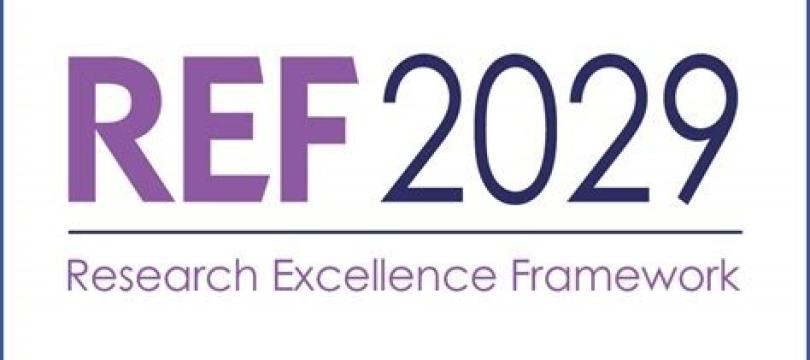Reimagining futures - Budd Hall on his plenary at Engage 2024
Budd Hall joined NCCPE Co-director, Sophie Duncan and fellow leading scholar, Ima Jackson, for the closing plenary at Engage 2024. During the session, he shared some learning from his career supporting engaged practice within Canada and more recently on a global stage.
Here, Budd, who has been working in knowledge democracy for over 50 years, blogs about his experience at Engage and reflects on some audience questions.
On May 4 mid-afternoon I had the great pleasure of sharing the closing plenary of Engage 2024 with Prof. Ima Jackson from Glasgow Caledonian University and the Scotland Anti-Racism Observatory and Sophie Duncan, the Co-Director of the NCCPE. Sophie asked us several questions to which we tried our best to sound somehow knowledgeable. Prof. Jackson responded first and did an eloquent and courageous job of talking about the challenges that she has both observed and experienced when dealing with pervasive systems of white privilege in the higher education world. When my turn came, I was hoping that the questions would not be too hard! They were in fact great questions that allowed me to share some of my own experience. When we were finished speaking, Sophie asked the audience to write questions down for us to respond to. Ima and I did our best, but time ran out before we could respond to them all.
So, Sophie sent the remaining questions to me and invited me to write a blog for you trying to respond to a few more questions.
But before I do that, I really need to tell you about the most amazing art installation I went to! It is in the Serpentine South gallery in Hyde Park by Yinka Shonibare. The highlight is the War Library, a massive display of 5270 books all wrapped in African fabric with 2700 books having titles based on conflicts, terrible deeds and treaties that have happened over all these years of colonial domination.

Back to the questions
How do we protect our well-being when power reinforces extraction and Eurocentric models of knowledge creation?
Best advice is to find others who share your values and support each other’s work. Create formal and informal structures to share your experiences. Share the exciting bits with everyone you know using social media, celebratory parties, knowledge dances, poetry of hope. And just keep doing it every single day. Your work is important. I believe it and so will others.
Are Universities necessary for social change?
Change has happened historically when people from every walk of life, every part of the world come together to call for action or change. Universities are not essential, but keep in mind that virtually all politicians, businesspeople, community activists have been students of higher education. They could be much better prepared to serve as change agents in the face of the challenges we are facing as a world community.
Are experts need to assess impact?
No, at least not experts whose expertise is research or evaluation. And it depends on what kind of knowledge is being assessed. But research on issues of poverty, homelessness, gender justice, climate crises, and much more can and should be assessed by those whose lives are the subject of research concern. The trend in Medicine to have patient assessment panels advising MD researchers on life experience matters in the realms of many kinds of illnesses is something to be shared in other contexts.
What are the benefits of building more inclusive knowledge systems?
The UNESCO Recommendation on Open Science notes that ‘science’ can be found in three dimensions: the academic world where access to research results needs to be shared at no cost to users, the social world which values the knowledge of lived experience and the scientific world of earlier excluded knowledge such as Indigenous knowledges or knowledges of those in society whose ideas have been erased.
Why does the UNESCO Recommendation suggest this? It is because the challenges facing our troubled planet are too complex to depend only on a Eurocentric knowledge system. We need the insights of place-based Indigenous knowledge, of the lived experience of women creating change and so much more if we are to experience continued justice and sustainability.
We address this in our latest book: Bridging Knowledge Cultures-Addressing Power in the co-construction of knowledge.
Budd Hall shares the UNESCO Chair in Community-Based Research and Social Responsibility in Higher Education with his friend of 45 years, Rajesh Tandon. He lives and works on the unceded territory of the Lekwungen speaking peoples in the city known by its colonial name, Victoria. His academic home is the Centre for Global Studies at the University of Victoria. He is a Father, a grandfather, a partner, and a poet.
